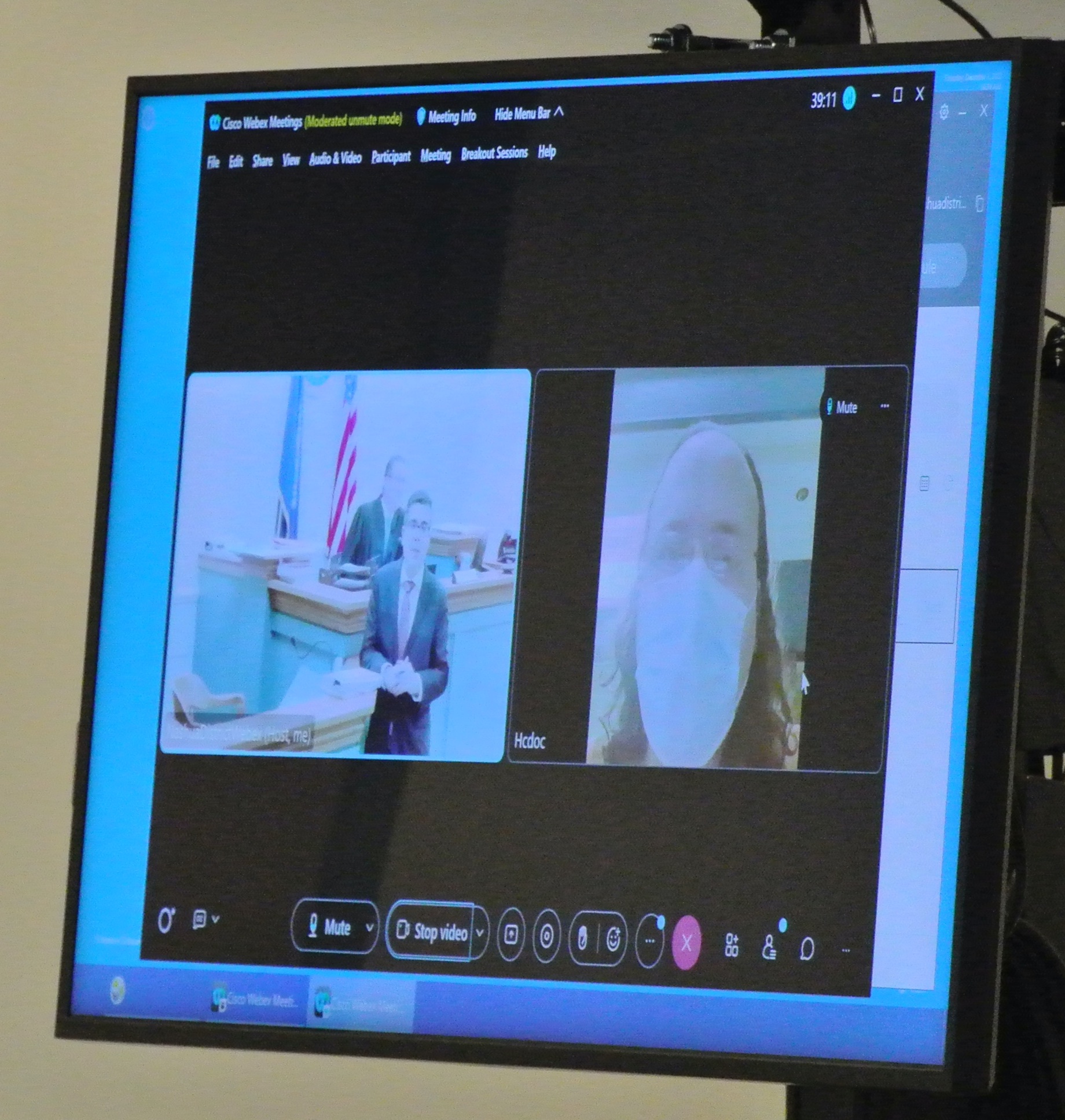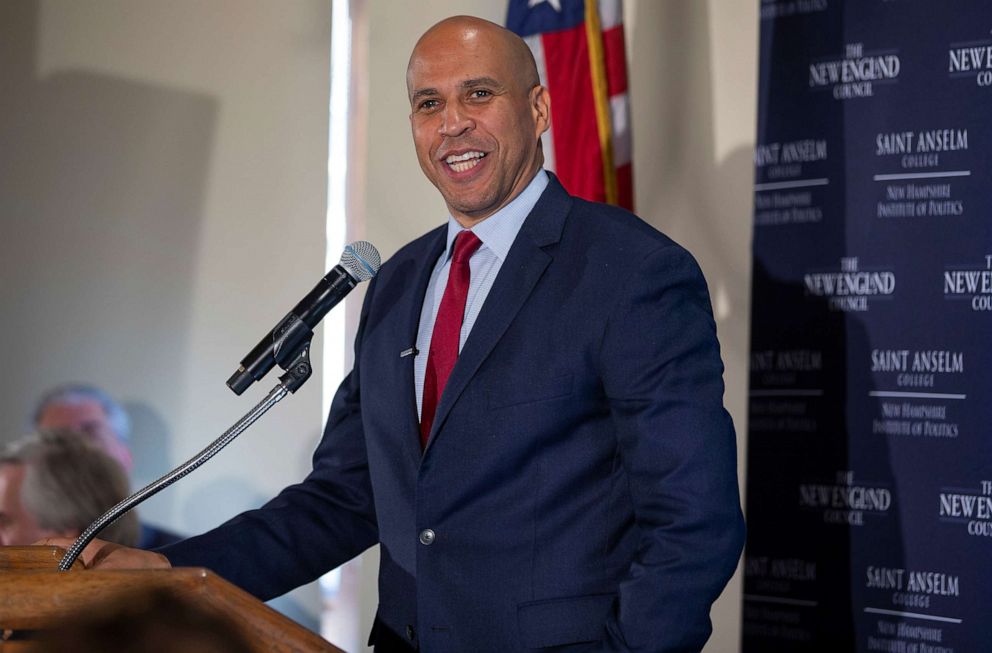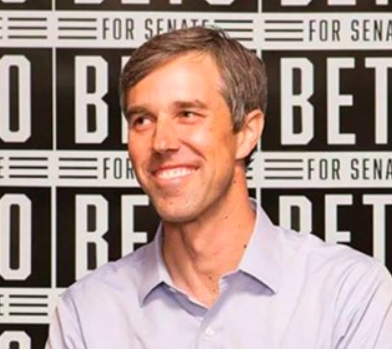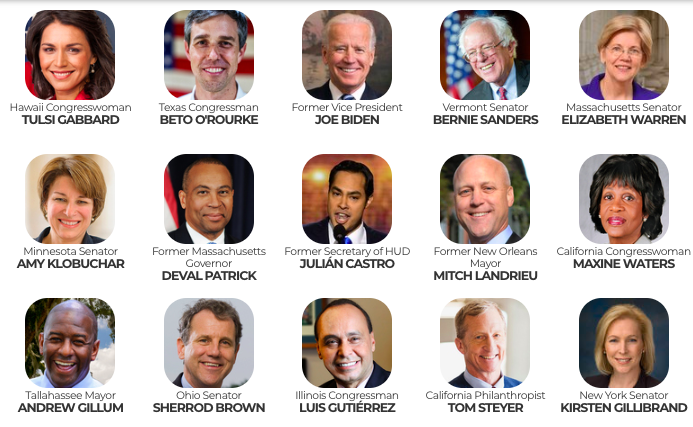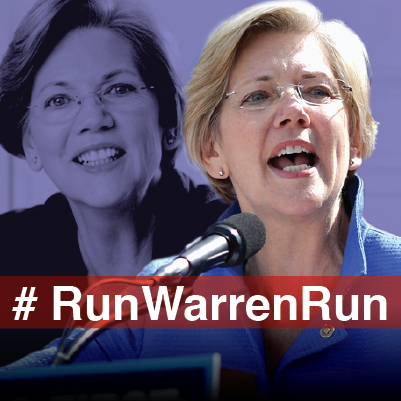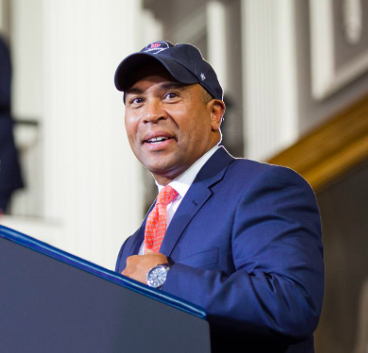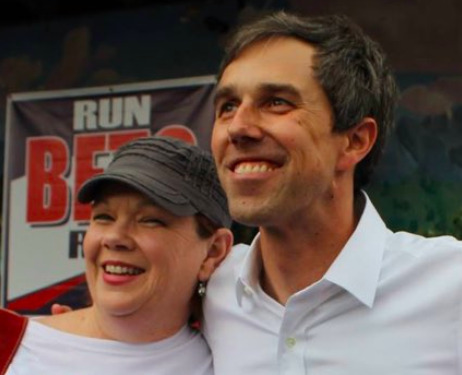Dem Consultant Behind FITN ‘AI-Biden’ Robocalls Hit with Lawsuit

The Democratic political consultant behind the robocalls featuring the AI-generated voice of President Joe Biden during the First in the Nation presidential primary campaign got hit with a federal lawsuit Thursday. It was brought by New Hampshire’s League of Women Voters.
“These deceptive robocalls attempted to cause widespread confusion among New Hampshire voters,” said Liz Tentarelli, president of the League of Women Voters of New Hampshire. “As a nonpartisan organization, the League of Women Voters works to ensure that all voters, regardless of their party affiliation, have the most accurate election information to make their voices heard. We will continue to advocate for New Hampshire voters and fight against malicious schemes to suppress the vote.”
The lawsuit names as defendants Steve Kramer, a consultant working for former Democratic presidential candidate Rep. Dean Phillips (D-Minn.), as well as the two Texas companies he used to push out the call, Life Corporation and Lingo Telecom.
Kramer’s fake Biden called thousands of New Hampshire voters two days before the primary, telling them to stay home and “save your vote” for November. The stunt amounted to illegal voter suppression, according to Courtney Hostetler, Senior Counsel at Free Speech For People, which serves as co-lead counsel for the plaintiffs.
“Fraudulently made robocalls have the potential to devastate voter turnout by flooding thousands of voters with intimidating, threatening, or coercive messages in a matter of hours,” Hostetler said. “No one should abuse technology to make lawful voters think that they should not, or cannot safely, vote in the primaries or in any election. It is an honor to represent the League of Women Voters and the other plaintiffs in this important case to protect the right to vote.”
Kramer has a history of engaging in questionable campaign activity, including past robocalls using an AI-generated voice, according to the lawsuit. Kramer pulled off a robocall poll in South Carolina using the computer-generated voice of Republican Sen. Lindsay Graham, the lawsuit states.
The lawsuit states, “Kramer has since claimed that the deepfake robocalls achieved a response rate four times higher than robocalls using a generic automated voice because Sen. Graham’s voice was familiar to South Carolina voters.”
Kramer was sued in 2021 by a candidate for New York City mayor for allegedly faking the signatures he was hired to collect on behalf of the candidate. Kramer was paid $80,000 for the signature drive, according to the lawsuit.
The Phillips campaign paid Kramer’s firm, Get Out The Vote, more than $250,000 to produce robocalls. When Kramer was linked to the calls, the Phillips campaign publicly distanced itself from him.
According to the lawsuit, while with the Phillips campaign, Kramer’s penchant for robocalls was being encouraged.
“Kramer began receiving requests from unspecified consultants, corporations, political action committees (‘PACs’), and Super PACs requesting that Kramer use AI-generated robocalls in connection with unspecified campaigns,” the lawsuit states.
In the fall of 2023, Kramer met with a transient magician, Paul Carpenter, who also did web design and digital marketing. According to the lawsuit, Kramer paid Carpenter $150 to produce the AI-Biden recording.
Kramer then used Life Corporation and Lingo to send thousands of calls to New Hampshire voters. Kramer spoofed the calls so that they would appear to people as coming from the phone of Kathy Sullivan, former chair of the New Hampshire Democratic Party.
Kramer would later release a statement claiming he engaged in the robocall stunt in order to “raise awareness” about the dangers of AI technology. But, the lawsuit notes he hid payments to Carpenter using a Venmo account associated with his father.
He also reportedly instructed Carpenter to delete emails connected to the calls. When New Hampshire Attorney General John Formella promised to prosecute those behind them, Kramer told Carpenter to keep quiet, according to the lawsuit.
“On Monday, January 22, 2024, following an NBC News report on the New Hampshire robocalls, Kramer texted Carpenter a link to the story and the message, ‘Shhhhhhh.’ Carpenter responded, ‘Gtfooh’ an acronym for ‘Get the f*** out of here.’ Carpenter subsequently spoke with Kramer over the telephone.
“On the call, Kramer admitted to Carpenter that he had spoofed the New Hampshire robocalls or deliberately falsified the information transmitted via caller ID display to disguise their identity. Kramer also directed Carpenter to delete his emails concerning the robocalls, the lawsuit states.”



